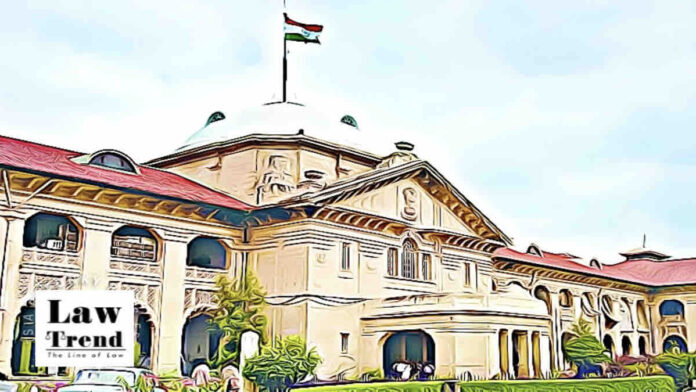The Allahabad High Court, comprising Chief Justice Arun Bhansali and Justice Kshitij Shailendra, has condoned a 154-day delay in the filing of a commercial appeal, observing that it would be unjust to discard a challenge to an order on grounds of delay when an appeal against an identical order between the same parties has been
To Read More Please Subscribe to VIP Membership for Unlimited Access to All the Articles, Download Available Copies of Judgments/Order, Acess to Central/State Bare Acts, Advertisement Free Content, Access to More than 4000 Legal Drafts( Readymade Editable Formats of Suits, Petitions, Writs, Legal Notices, Divorce Petitions, 138 Notices, Bail Applications etc.) in Hindi and English.




